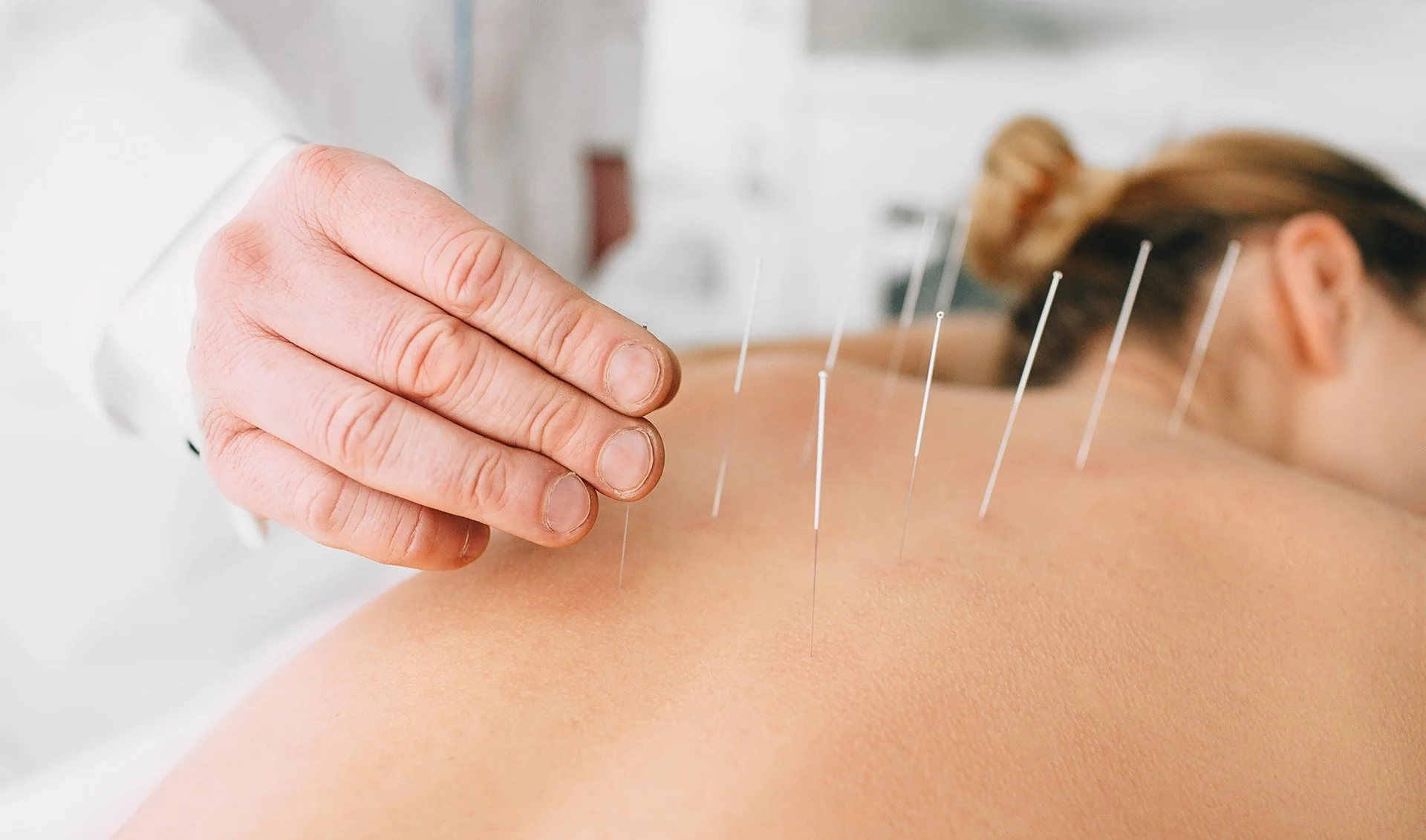Accupuncture
Acupuncture, an ancient practice rooted in Traditional Chinese Medicine (TCM), has been used for thousands of years to treat various ailments. Today, it is widely recognized and practiced globally, including in modern hospitals, as a complementary treatment alongside conventional medicine. This article aims to provide a comprehensive overview of acupuncture, its benefits, and what patients can expect during treatment.
What is Acupuncture?
Acupuncture involves the insertion of very thin needles through the skin at specific points on the body. These points, known as acupoints, are believed to be connected by pathways called meridians, through which vital energy, or "qi" (pronounced "chee"), flows. By stimulating these points, acupuncture aims to balance the body's energy flow, which can help alleviate pain and improve overall health.
How Does Acupuncture Work?
While the traditional explanation is based on the flow of qi, modern science suggests that acupuncture may work by stimulating nerves, muscles, and connective tissues, boosting the body's natural painkillers and increasing blood flow. Research has shown that acupuncture can trigger the release of endorphins, the body's natural pain-relieving chemicals, and influence the autonomic nervous system.
Conditions Treated with Acupuncture
Acupuncture is used to treat a variety of conditions, including:
Chronic Pain: Conditions such as back pain, osteoarthritis, and migraines.
Mental Health: Anxiety, depression, and stress-related disorders.
Digestive Issues: Irritable bowel syndrome (IBS), nausea, and vomiting.
Respiratory Disorders: Allergies, asthma, and sinusitis.
Women's Health: Menstrual cramps, menopause symptoms, and infertility.
What to Expect During an Acupuncture Session
Initial Consultation: The acupuncturist will review your medical history, symptoms, and overall health. This helps in creating a personalized treatment plan.
Treatment Procedure: You will lie down comfortably as the acupuncturist inserts needles into specific acupoints. The number of needles and their placement will vary based on your condition.
Duration: The needles typically remain in place for 15 to 30 minutes. Patients often experience a sense of relaxation during this time.
Follow-Up: Multiple sessions are often needed to achieve the best results. Your acupuncturist will recommend a treatment schedule tailored to your needs.
Safety and Side Effects
Acupuncture is generally considered safe when performed by a trained and licensed practitioner. Common side effects are minimal and may include minor bruising, slight bleeding, or temporary soreness at needle sites. Serious complications are rare but can occur if not performed correctly, highlighting the importance of choosing a qualified acupuncturist.
Choosing a Qualified Acupuncturist
When seeking acupuncture treatment, it is crucial to find a licensed and certified practitioner. In many countries, acupuncturists must undergo rigorous training and certification. At our hospital, all acupuncturists are highly trained professionals dedicated to ensuring safe and effective treatment.
Integrating Acupuncture with Conventional Medicine
Acupuncture can complement conventional medical treatments by enhancing overall well-being and providing relief from various symptoms. It is important to discuss your interest in acupuncture with your healthcare provider to ensure it fits into your overall treatment plan.
Conclusion
Acupuncture offers a holistic approach to health and wellness, providing relief for a wide range of conditions. By balancing the body's energy flow and stimulating natural healing processes, acupuncture can be a valuable addition to your healthcare regimen. For more information or to schedule a consultation, please contact our acupuncture department.

